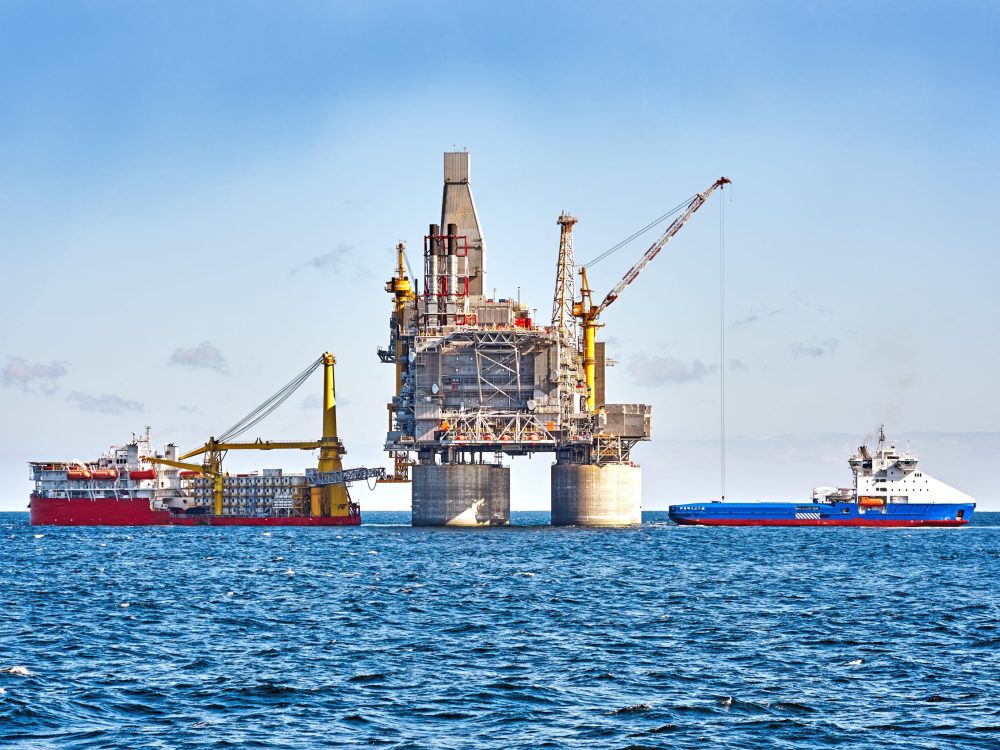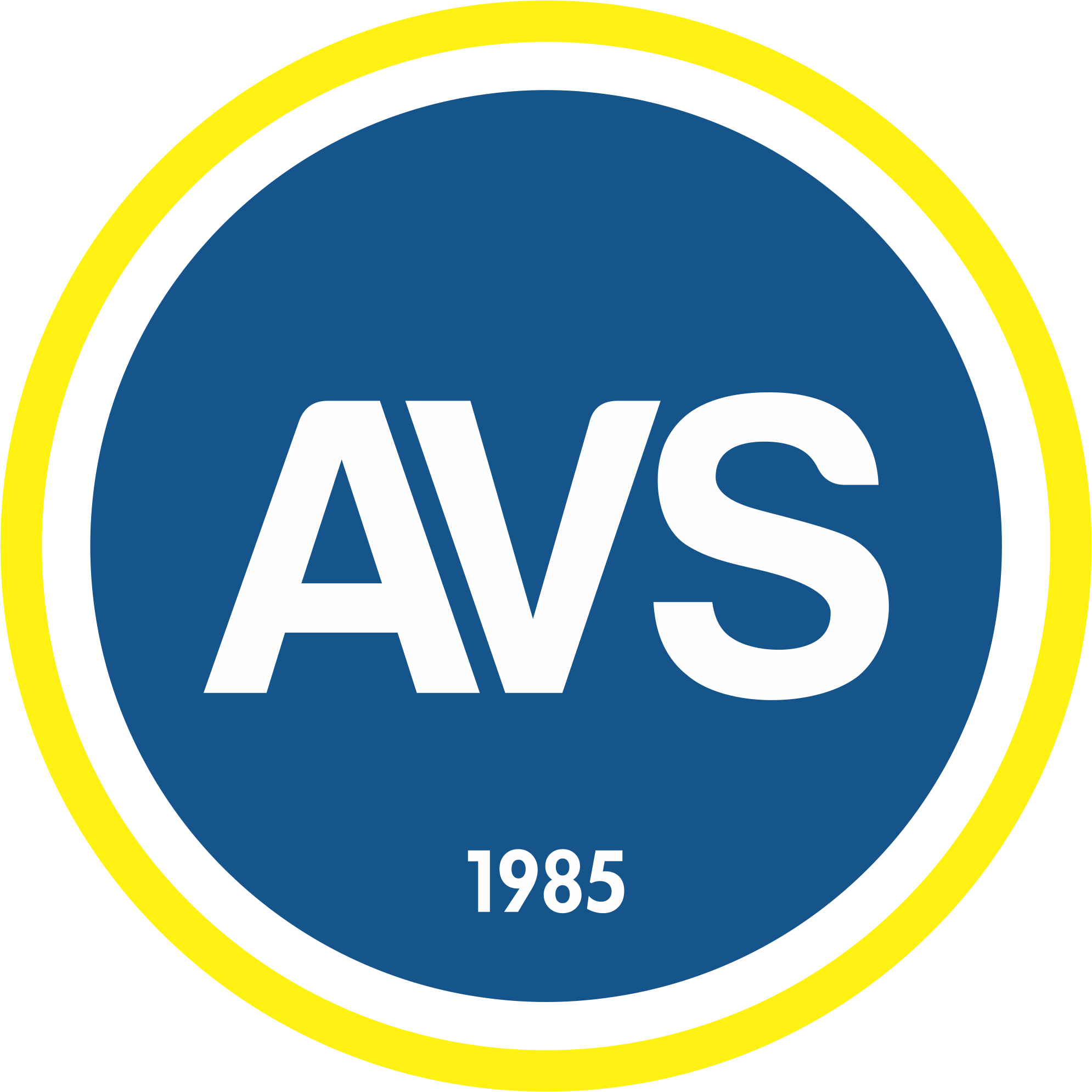

About Us
AVS has led maritime supply, catering, and logistics for 39 years, serving seafarers globally. Our reach spans 1,500+ ports in 126 countries, committed to excellence, innovation, and sustainability. We aim to surpass client expectations, making their challenges our mission.
Partner with AVS, where fast, efficient and reliable maritime solutions is our priority.
About UsContact Info
- Soganlik Yeni Mah, Pamukkale Sk. No:2, 34880, Kartal, Istanbul, Turkiye
- +90 216 591 0849
- info@avsglobalsupply.com
What Is IMO?
- Home
- Blog
- What Is IMO?

Kategori Yok
- Date: 21 Apr 2025 01:45
- Author: AVS Editor Staff
What Is IMO?

The International Maritime Organization (IMO) is a specialized agency of the United Nations responsible for setting global standards for the safety, security, and environmental performance of international shipping.
Key Objectives of IMO
- Develop and maintain a comprehensive regulatory framework for shipping
- Ensure maritime safety and security
- Protect the marine environment
- Facilitate fair and effective shipping operations globally
Established by the IMO Convention of 1948, the organization came into full force in 1959 and is headquartered in London. Its membership includes over 170 countries and numerous observer organizations, including NGOs and private industry bodies.
Why IMO Matters to the Maritime Supply Chain

Regulatory Influence
IMO regulations touch every aspect of the shipping lifecycle, from vessel design and construction to operation, crew certification, and decommissioning. For ship suppliers and maritime logistics teams, IMO frameworks shape procurement standards, certification requirements, and equipment compatibility.
Operational Compliance
Regulations such as MARPOL (prevention of pollution) and SOLAS (safety of life at sea) directly impact:
- Fuel supply and quality (IMO 2020 sulfur cap)
- Safety equipment provisioning
- Crew training and documentation
- Ballast water treatment systems
- Emissions control technologies
Failing to align with IMO standards can lead to vessel detention, fines, or operational delays, particularly in major ports that strictly enforce compliance.
IMO's Regulatory Framework
Core Conventions
| Convention | Focus Area | Applicability |
|---|---|---|
| SOLAS | Safety of life at sea | All sea-going vessels |
| MARPOL | Pollution prevention | Waste, oil, air emissions |
| STCW | Crew certification | Training and watchkeeping |
| ISPS | Ship and port security | Threat prevention and access control |
These conventions are not static. IMO committees continually review and update the texts based on technological advancements and global maritime incidents.
Implementation & Enforcement
While IMO sets the rules, enforcement lies with flag states and port state control authorities. This decentralization means suppliers must stay current with both international and regional interpretations of IMO rules.
Strategic Implications for Ship Supply Operations

Benefits of Alignment
- Predictability: Standardized requirements help forecast equipment needs across international fleets
- Efficiency: Inventory planning improves when gear specifications are universally accepted
- Market Access: IMO-compliant ships can call at more ports without restriction
Challenges and Complexities
- Evolving regulations: New directives (e.g., carbon intensity indicators, EEXI) require continuous adaptation
- Vessel-specific interpretations: What passes muster on one ship class may not on another
- Regional enforcement disparities: Different ports may have varying inspection stringency
Best Practices for Compliance
- Maintain up-to-date regulatory checklists per vessel class
- Standardize sourcing from certified suppliers
- Engage with classification societies for guidance
- Monitor IMO committee sessions and resolutions
The IMO in Action: Real-World Scenarios
Example: IMO 2020 and the Sulfur Cap
The IMO's 2020 mandate limited sulfur content in marine fuels to 0.5%, drastically impacting bunker procurement. Ship supply teams had to:
- Source compliant fuels
- Adjust testing protocols
- Retrofit exhaust scrubbers on applicable vessels
Example: Ballast Water Management Convention
To combat invasive species transfer, vessels must now install treatment systems approved by IMO. Suppliers have had to integrate ballast-compatible components, chemicals, and sensors into their offerings.
Supporting Compliance Through Expertise
At AVS, our technical teams routinely advise clients on sourcing IMO-compliant products and maintaining alignment across evolving regulations. Our ship supply logistics are optimized to meet standards set by SOLAS, MARPOL, and other key IMO frameworks.
Understanding what IMO is and how it influences global shipping isn't just academic, it's operationally critical. From enforcing safety protocols to shaping fuel standards, the IMO governs the rules that keep maritime trade efficient, lawful, and sustainable.
For ship supply professionals, compliance isn't optional; it's the foundation of service integrity and operational success. Staying aligned with IMO standards means safer voyages, fewer delays, and more predictable logistics across your fleet.

Published by
AVS Editor Staff
Bilinmiyor
Popular Posts


